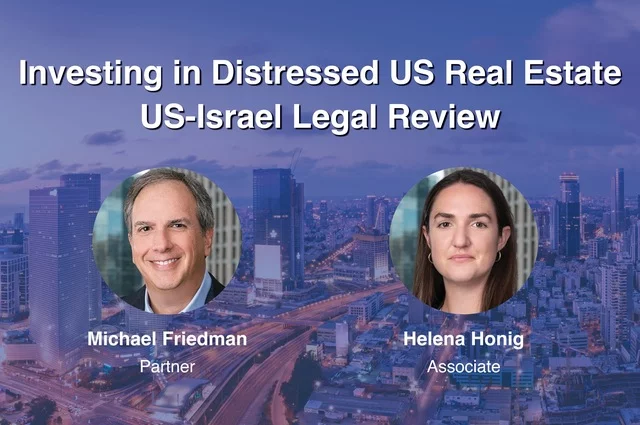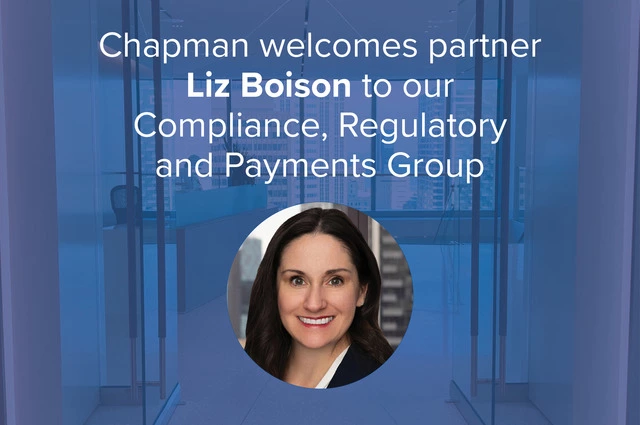- Topic: Puerto Rico
13 matches.
In a decision that should help restore investors’ faith in the protections afforded municipal bondholders under the United States Bankruptcy Code (the “Bankruptcy Code”), on June 12, 2024, the United States Court of Appeals for the First Circuit (the “First Circuit” or the “Court”) held that the bondholders (the “Bondholders”) of certain Puerto Rico Electric Power Authority (“PREPA”) electric revenue bonds (the “Bonds”) have a non-recourse claim against PREPA’s estate in PREPA’s reorganization proceedings under Title III of the Puerto Rico Oversight, Management, and Economic Stability Act, 48 U.S.C. §§ 2161-78 (“PROMESA”), for the full principal amount of their outstanding Bonds, plus matured interest, of approximately $8.5 billion, and that the Bonds are secured by PREPA’s current and future Net Revenues.
- May 2022Journal of Corporate Renewal
This article in the Journal of Corporate Renewal, authored by Chapman Partner Scott A. Lewis, outlines the legal developments stemming from Puerto Rico's economic crisis.
On January 18, 2022, Judge Laura Taylor Swain of the United States District Court for the District of Puerto Rico entered an order under PROMESA (as defined below) confirming a Plan of Adjustment (the “Plan”) of the Commonwealth of Puerto Rico (the “Commonwealth”), the Employees Retirement System of the Government of Puerto Rico (the “ERS”), and the Puerto Rico Public Buildings Authority (the “PBA”).1 The Plan’s confirmation is a major milestone for the Commonwealth and its creditors. The Commonwealth’s restructuring proceeding under Title III of PROMESA is the largest municipal restructuring in United States history.
- July/August 2019Pratt's Journal of Bankruptcy Law
In a decision that upends the expectations of the municipal bond market, a three-judge panel of the U.S. Court of Appeals for the First Circuit has ruled that the “special revenue” provisions of the U.S. Bankruptcy Code do not compel the payment of debt service on certain municipal bonds during the pendency of a bankruptcy proceeding.
- July/August 2019The Banking Law Journal
The First Circuit recently found that a UCC filing amendment naming the debtor contained an appropriate name and that, when coupled with a corrected collateral description in the amendment, the bondholders’ lien was perfected and therefore unavoidable under the “strong-arm” provisions of the Bankruptcy Code.
In a case of constitutional importance, the US Court of Appeals for the First Circuit addressed whether members of the Financial Oversight and Management Board created by PROMESA are “Officers of the United States” subject to the US Constitution’s Appointments Clause.
- November/December 2018Pratt's Journal of Bankruptcy Law
A decision by the Court overseeing Puerto Rico’s bankruptcy-like Title III proceeding has reiterated what every secured creditor understands — perfection matters. The Court found that bondholders holding $2.9 billion in debt issued by the Employees Retirement System of the Government of the Commonwealth of Puerto Rico were rendered unsecured due to inadequate financing statements.
In a decision likely to have a far-reaching effect in the municipal debt markets, the Court overseeing Puerto Rico’s bankruptcy-like Title III proceeding ruled that holders of municipal obligations secured by a pledge of special revenues are not guaranteed payment during the pendency of a bankruptcy proceeding.
- October 5, 2017 (Originally Published September 14, 2017)Westlaw Journal Bankruptcy
Following a recent decision by the Court overseeing the Commonwealth of Puerto Rico’s bankruptcy-like Title III proceeding, bondholders should continue to pay close attention to the pledge securing their bonds to determine how those bonds would be treated in a bankruptcy proceeding.
Congress has approved the Puerto Rico Oversight, Management, and Economic Stability Act, and President Obama is expected to sign the measure into law by July 1, 2016. Puerto Rico owes its bondholders a $1.9 billion debt payment on July 1 that by all accounts it cannot make.
The U.S. Supreme Court placed the final nail in the coffin of the Puerto Rico Public Corporation Debt Enforcement and Recovery Act. The Court found that Puerto Rico was not entitled to create its own restructuring process because such a process is prohibited by the Bankruptcy Code.
In a decisive opinion, the U.S. Court of Appeals for the First Circuit affirmed a lower court ruling that the Puerto Rico Public Corporations Debt Enforcement and Recovery Act is preempted by the U.S. Bankruptcy Code and therefore unconstitutional.
- Client Alert
On February 6, 2015, the U.S. District Court for the District of Puerto Rico issued a decision holding Puerto Rico’s Public Corporations Debt Enforcement and Recovery Act unconstitutional, noting that it was “not a close case.”








